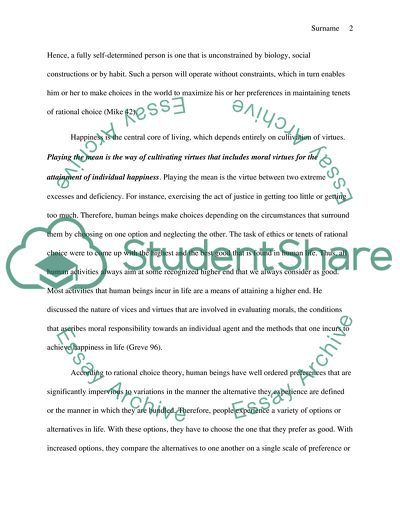Cite this document
(“Happiness and the Limits of Satisfaction Research Paper”, n.d.)
Retrieved from https://studentshare.org/english/1643603-happiness-and-the-limits-of-satisfaction
Retrieved from https://studentshare.org/english/1643603-happiness-and-the-limits-of-satisfaction
(Happiness and the Limits of Satisfaction Research Paper)
https://studentshare.org/english/1643603-happiness-and-the-limits-of-satisfaction.
https://studentshare.org/english/1643603-happiness-and-the-limits-of-satisfaction.
“Happiness and the Limits of Satisfaction Research Paper”, n.d. https://studentshare.org/english/1643603-happiness-and-the-limits-of-satisfaction.


